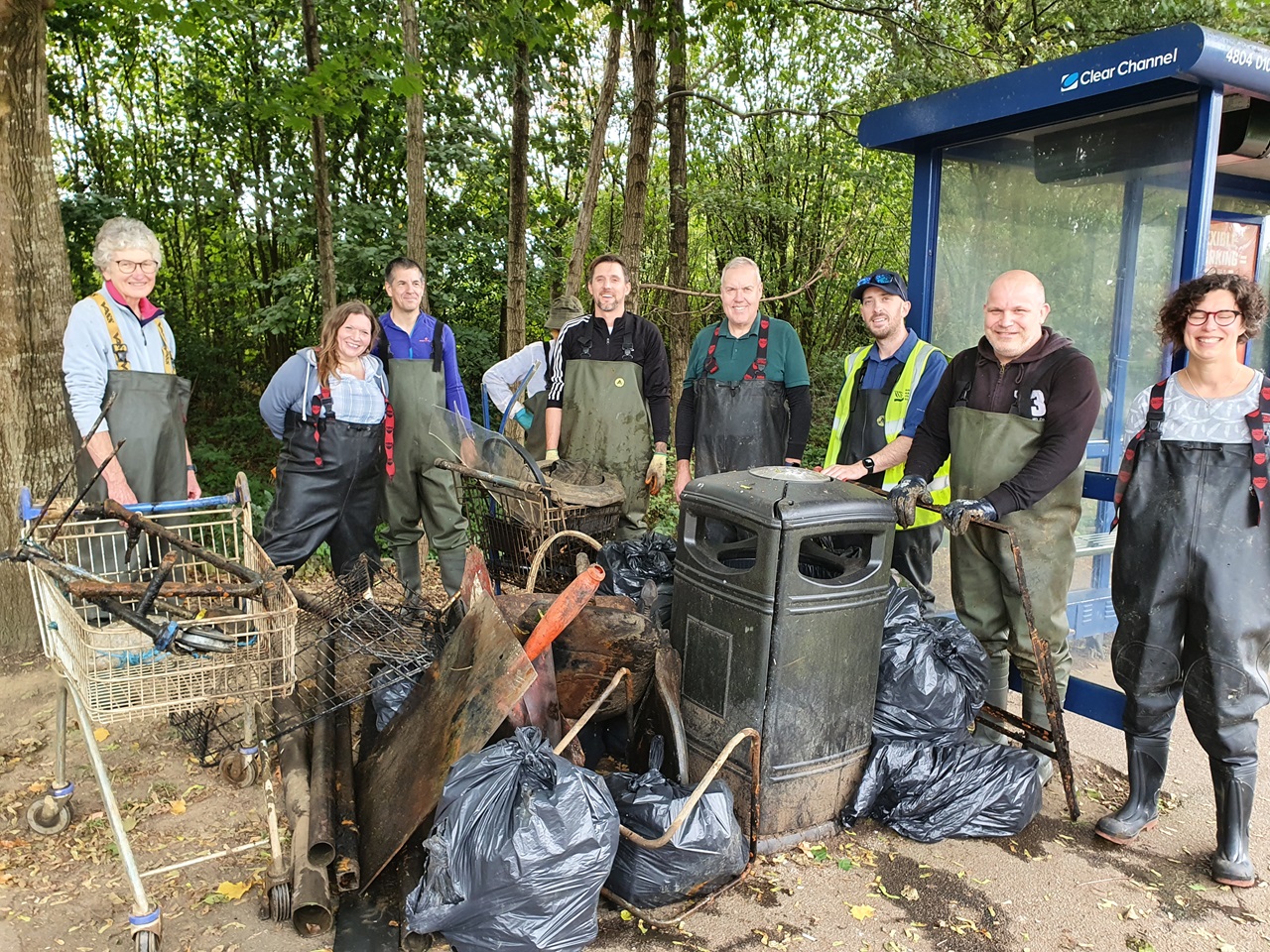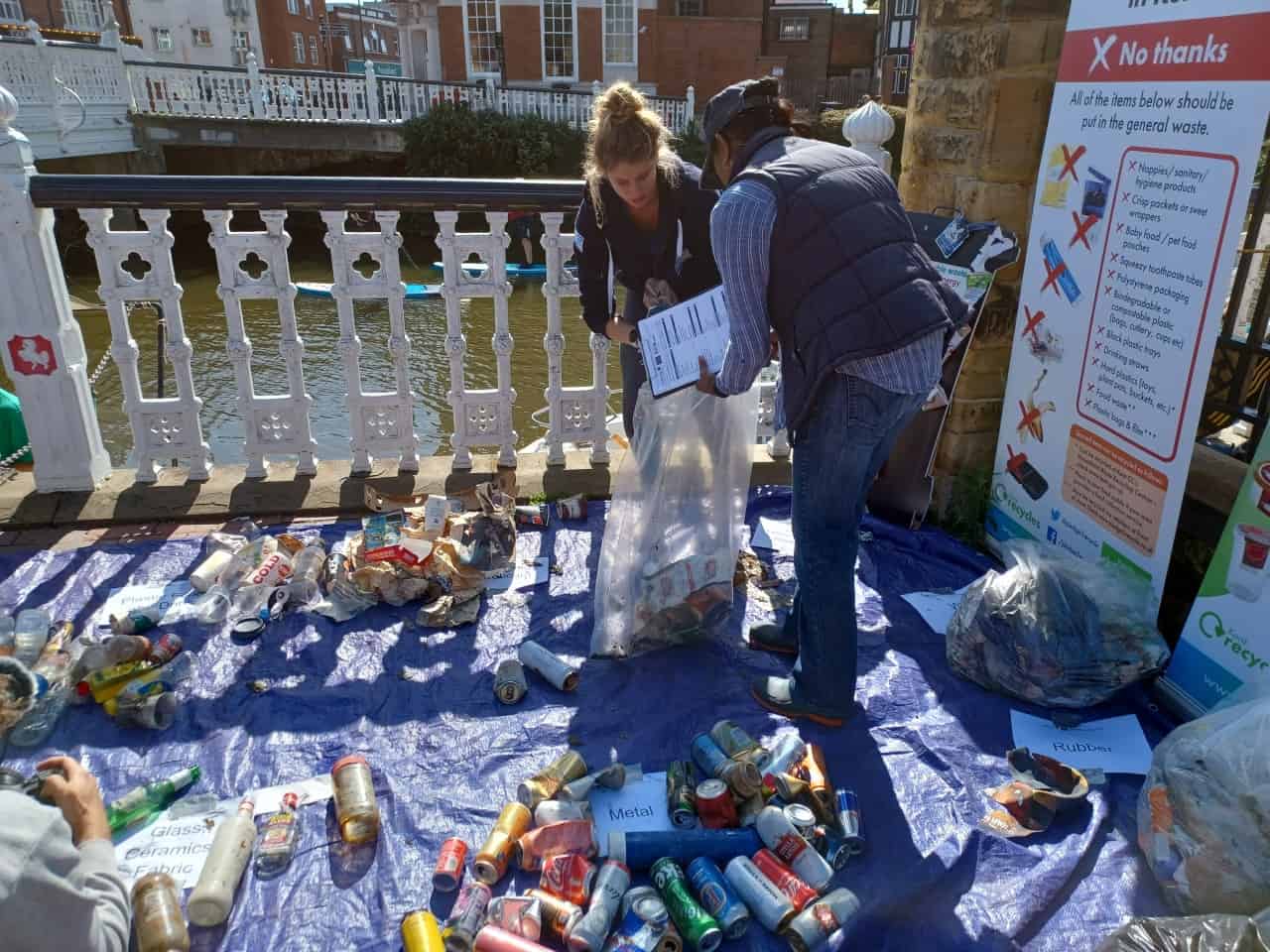Engaging people with their local rivers is pivotal to the South East Rivers Trust’s mission to improve the health of our waterways. Communities that play a role in caring for their river are vital both in monitoring the river for signs of problems and for getting stuck in to help us fix them. Lewis Campbell, our Catchment Manager for the River Mole, reviews our recent community engagement events for the Mending the Upper Mole project and looks ahead to what we have lined up for 2024.
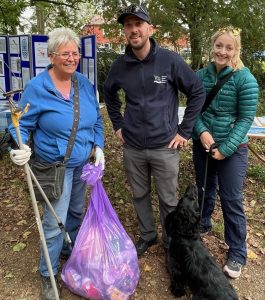
Managing the amount of litter that ends up in our urban rivers is incredibly important. The presence of unwanted rubbish not only spoils the aesthetics of our waterways but also has significant ecological implications for the health of our rivers, streams and even our oceans.
For example, discarded plastic can cause problems if it is ingested by wildlife, or it can break down into microplastics and pose a significant pollution risk.
As part of our Mending the Upper Mole project, we have recently been out and about with our wonderful volunteers removing litter from two tributaries of the River Mole.
On 24th September, which just happened to be World Rivers Day, we set up our gazebo on Riverside Gardens in Horley and invited the local community to join us in a bankside cleanup along the bank of the Gatwick Stream. We were joined by our friends from River Mole River Watch and Horley Town Council.
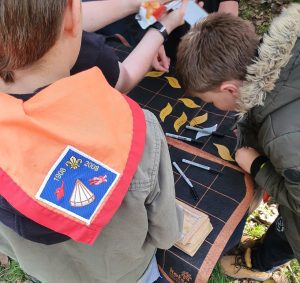
Alongside individual volunteers from the local community, we also welcomed a local scout group, whose members not only enjoyed making crafts on our stand but set about gathering up the litter with tremendous energy.
After a few hours of work, we had removed a huge amount of rubbish from the landscape. Items mainly consisted of plastic bottles, drinks cans and food packaging. A shopping trolley and car tyre were among larger items.
Following the success of our Horley event, on 11th October we went south and hosted a group of enthusiastic volunteers for a clean-up along the Stanford Brook and its banks in Crawley. This time we were able to get into the river itself.
Looking in from the riverbank, the waterway looked relatively clean. Once we entered the water, however, the scale of the litter problem became clear: there was a lot of rubbish on the river bed which had clearly been there a long time. We collected large amounts of food wrappers and drinks cans and bottles. We also picked out three more shopping trolleys and the base of a vacuum cleaner.
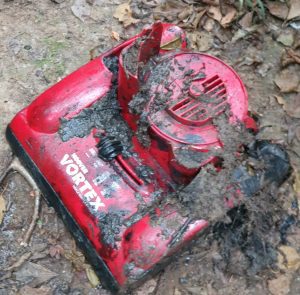
I’d like to extend a massive thank you to all who came and helped out at both events. To those who took part, the experience really emphasised the scale of the issue affecting our waterways: we can’t always see the extent of the damage being caused to our rivers, because much of it sinks to the bottom. Creatures in the river will try to feed on items such as plastic, while the larger items that we can see are an eyesore on cherished public spaces.
Besides tidying up our rivers, these events are also a great opportunity to engage with local people about our plans to improve the health of the waterways of the Upper Mole, around Horley, Crawley and neighbouring areas.
Back in 2017, a pollution event significantly impacted the health of the Upper Mole catchment. The South East Rivers Trust was given funding to deliver an ambitious suite of projects in order to improve the ability of the catchment to cope with such events in the future. These delivery projects will include removing barriers to fish passage, like the projects we have delivered on the Darent and Loddon, improving the quality of the river habitat, such as we have done on the Wandle, and creating wildlife refuges.
We will also work with schools and community groups in the Upper Mole to raise awareness of local rivers and to encourage engagement. Another aspect is to conduct citizen science to better understand how poor water quality is impacting the rivers and their wildlife, to help us form action plans to improve the river’s health. All of these projects come together to form what we have called the Mending the Upper Mole project.
We hope that 2024 will be the year when much of this work kicks off in earnest. A great appetite has already been shown not only by the volunteers who have turned up at our events, but by community leaders and conservation groups who are all keen to help.
There will be ample opportunities to get involved, whether you want to come and help us pick litter, clear overgrown river banks, take water samples, or all of the above. You can keep in touch with opportunities by bookmarking our events page, by signing up to SERT’s mailing list to receive our monthly newsletter or for direct enquiries email info@southeastriverstrust.org.
To learn about our Key Stage 1 and 2 sessions for primary schools on the Gatwick Stream at Grattons Park, visit our education page and read the Our River Our Water section.
